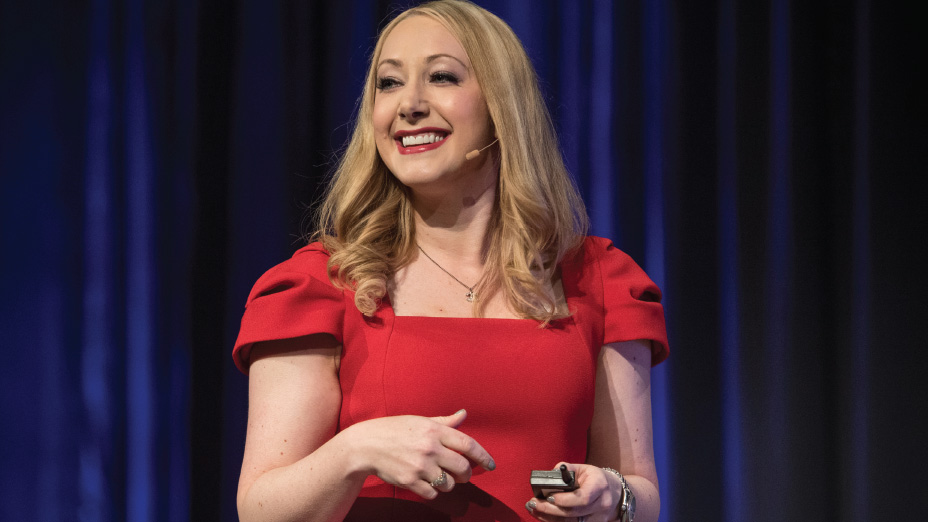We brought The Art of Leadership conference to San Diego and Chicago, and featured a line-up of thought leaders who touched on some of the most forward-thinking concepts facing leadership today. One of these thought leaders was Dr. Tasha Eurich, an organizational psychologist, researcher, and author of the New York Times bestseller Insight. Tasha has built a reputation as a fresh, modern voice in the business world by pairing her scientific grounding in human behaviour with a pragmatic approach to professional development. From our stage, she shared the following insights on how to increase our performance and self-awareness.
Do you know or work with someone who is not self-aware? Tasha’s research has identified “74% of people work with at least three unaware co-workers.” Tasha refers to self-awareness as “the meta-skill of the 21st century” and her research has identified self-aware leaders are:
On a Good Day, 80% Of Us Are Lying to Ourselves About Lying to Ourselves.
- More successful at their jobs More promotable
- More respected leaders
- More confident and more effective communicators
- Better friends
- Likely to have happier marriages
- Likely to raise less narcissistic children
As Tasha says, “On a good day, 80% of us are lying to ourselves about lying to ourselves.” In addition, Tasha suggests, “The least competent people tend to be the most confident about their performance.” Yikes.
Tasha shared four tools we can all use to help gather feedback and introspect the right way.
1. Mindset Shift - We Must All Stop Assuming We Are Self-Aware
In her research, Tasha found that 95% of people believe they are self-aware, when in fact the percentage of people who were actually self aware was 10-15%. So how we do get to be more self aware? Knowing who you are internally and knowing how others see you is critical. Self-aware people:
- Know what they value
- Understand their passions
- Know what they aspire to and the experience they want to have
- Know the environments in which they fit
- Know their strengths and limitations
- Know their reactions
- Know the impact they have on others
- Are highly self-accepting
2. Ask “What” Versus “Why”
Great self-aware leaders also introspect the right way. Asking ‘Why’ gets us stuck into what is wrong and it holds us back. Instead, by asking ‘What’ we are able to look at possibilities to propel us forward. For example:
Instead of asking “Why do you want to change your job?” ask “What do you like about what you’re doing?”
3. Ask the Magic Feedback Question
Self-aware leaders proactively seek feedback. To get an appreciation of how others see us, Tasha recommends we get some loving critics (who you know will give you honest, respectful feedback) to whom you can ask the magic feedback question:
In the future, what can I do to be a better? (leader, coach, facilitator)
4. Think of a Business Process Review
If you want to build a self-aware team, implement a regular process that identifies the areas and processes that are working and not working. Awareness for everyone allows for success and to identify areas for improvement. Leaders who pave the way and provide the safety and expectation to tell the truth is a key element in creating self-aware teams.
The journey to self-awareness happens incrementally through daily commitment to making small insights and discoveries about ourselves. Tasha encourages us all to ask ourselves: ‘What am I going to do today so that I can transform my level of self-awareness and become a future- ready leader?





.png)




What Did You Think?